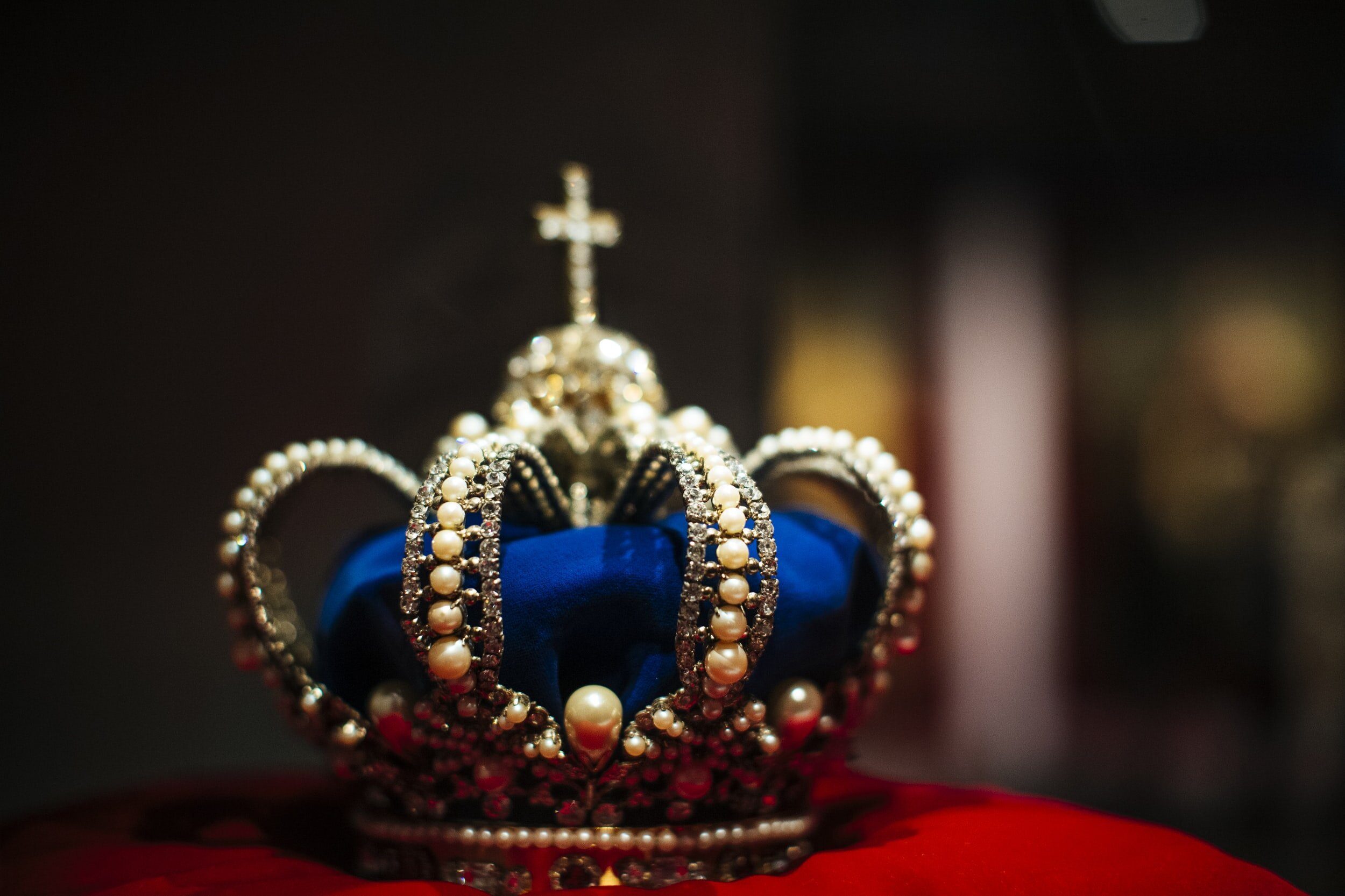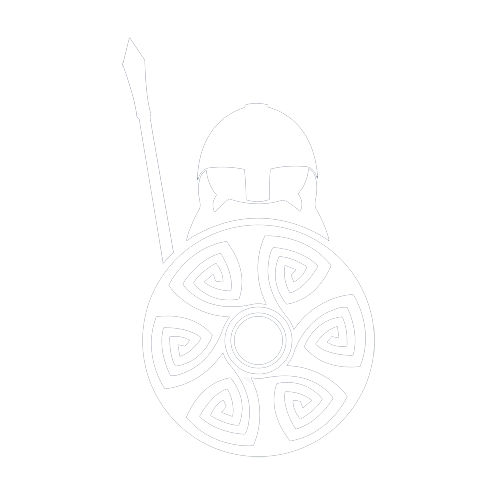
Medieval Kings and Queens
Kings and queens have ruled Britain since the Romans. Some were very successful, powerful warriors in their own right, expanding their kingdom and governing their subjects with authority. But others were quite the opposite!
King Richard II the Despotic Ruler
King Richard II was the second son of Edward the Black Prince and Joan of Kent. He began his reign at the tender age of 10. At just 14, he successfully faced down the Peasants' Revolt, but this encouraged his inner belief that kings should rule with absolute power. A dogmatic, extravagant and despotic ruler, Richard II failed to gain the loyalty of his barons. King Richard II was overthrown and forced to abdicate, leading to his imprisonment and death.
King Edward III the Popular Warrior King
King Edward III was born at Windsor Castle on 13 November 1312. He was the first son of Edward II and Isabella of France. Edward acceded his father at the tender age of 14, and went on to become one of England's most popular and successful kings.
King Edward II the Condemned Monarch
King Edward II was born in Caernarfon Castle, Wales on 25 April 1284. He was the fourth son of King Edward I and Eleanor of Castile. Edward's three older brothers died during childhood, leaving him as heir to the throne of England. In 1301, when Edward was just 16, his father bestowed the title 'Prince of Wales' onto him. Later, Edward would grow to become a popular figure in Wales, but would fail to do so in England.
King Edward I the Ruthless Warrior King
King Edward I was born in Westminster on 17 June 1239, and was the eldest son of King Henry III and Eleanor of Provence. He was named after his father's favourite saint, King Edward the Confessor, a saxon name which was not often given to aristocracy after the Norman conquest.
King Henry III the Longest Reign in Medieval England
King Henry III was born in Winchester Castle on 1 October 1207, the eldest son of King John and Isabella of Angouleme. At the tender age of nine, his tyrannical father John died, and Henry of Winchester became King Henry III of England.






